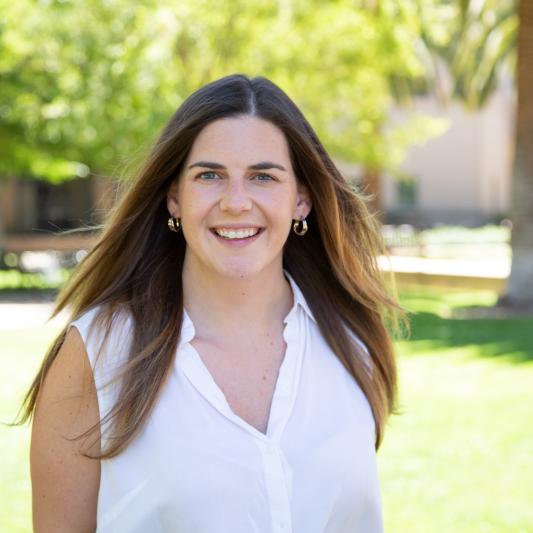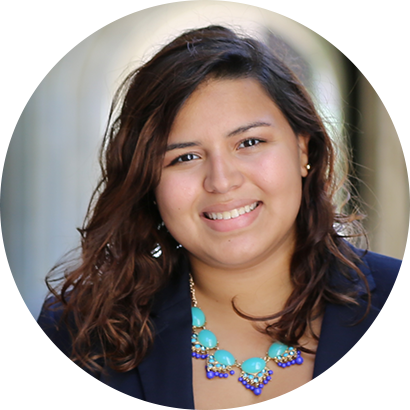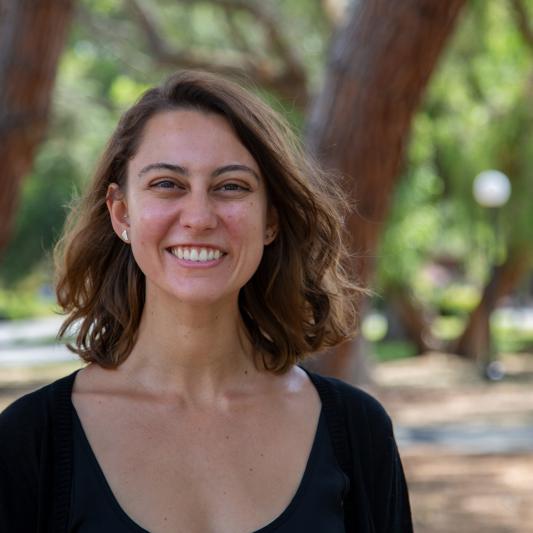Program Information
The master of arts program in Policy, Organization, and Leadership Studies draws upon an integrated knowledge base, the expertise of renowned faculty, and practical experiences to equip students for education leadership.
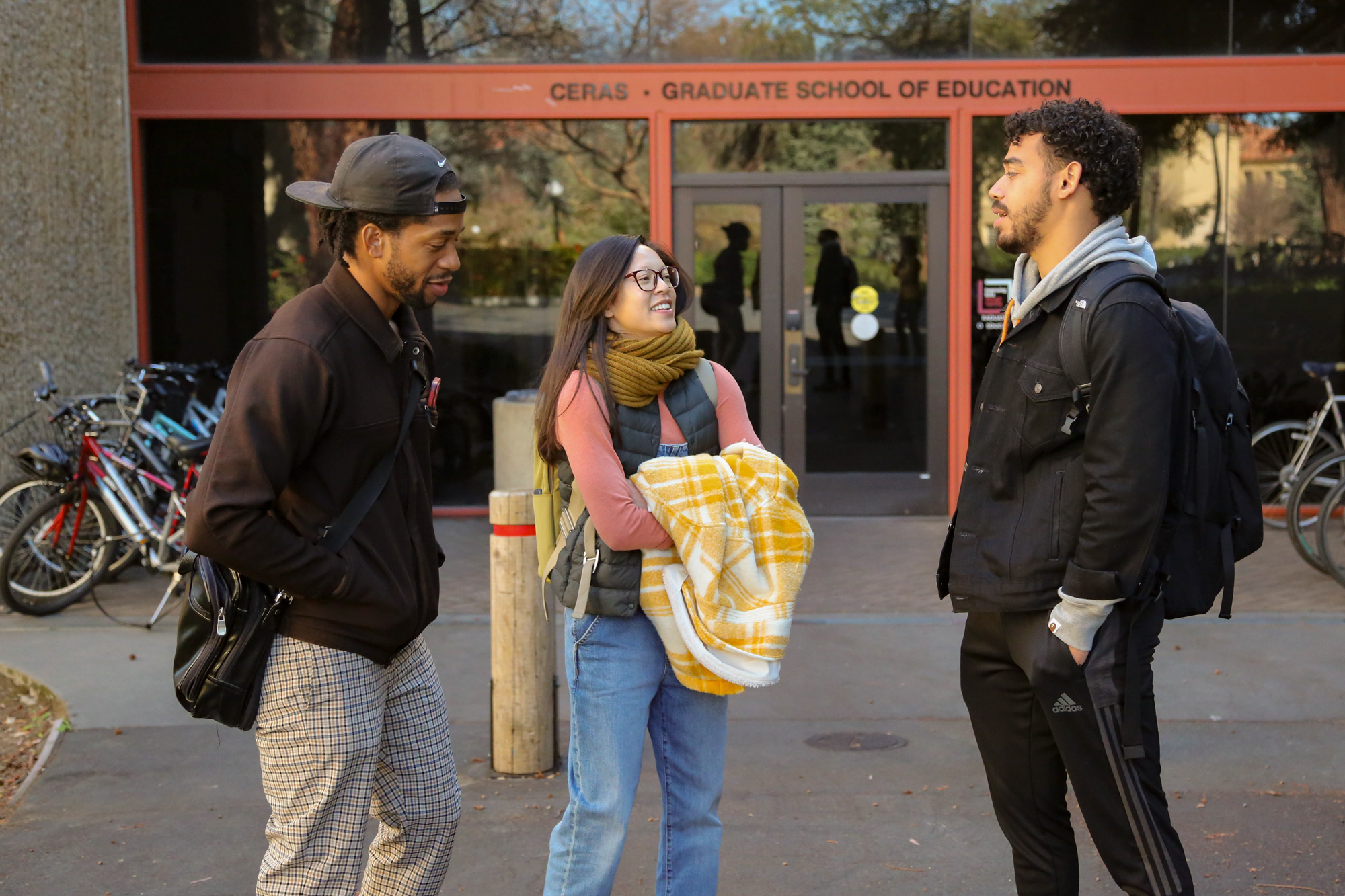
Overview
Students complete 45 units within three consecutive quarters, 27 units of which are within the Graduate School of Education. In addition, students complete a field project that addresses a specific educational challenge. The small cohort, freedom to pursue interests, support of the POLS seminar, and mentorship of a faculty advisor make the learning experience personal.
Curriculum and coursework
POLS gives students a high degree of freedom to shape their course of study in accordance with their goals and interests. POLS students typically take courses in other Stanford schools and departments, including business, law, public policy, engineering and design, economics, history, fine arts, philosophy, psychology, and sociology.
All POLS students must take 27 units in the GSE, including the following requirements:
- One research methods course (at least 3 credits). Examples include qualitative or quantitative research design, statistics, survey design, econometrics, and data analysis.
- One policy course (at least 3 credits). Examples of courses include Education Policy in the U.S., Global Education Policy and Organization, and Research and Policy on Postsecondary Access.
- One organization course (at least 3 credits). Examples of courses include Leadership and Administration in Higher Education, Leading Change in Schools, and Resource Allocation in Schools.
- Three quarters of POLS seminar (at least 9 credits inclusive of field project work).
Field project
The field project is a cornerstone of the POLS learning experience. It provides each student the opportunity to gain experience in a specialized setting and apply theory and methods to real-world problems. Student field project work is supported within the POLS seminar.
Field project
Students spend approximately 150 hours over two quarters working on their field project. This work includes (but is not limited to) work with a school, district office or university, an ed-tech startup, a research group, an education consultancy, a policy institute, or a philanthropic organization. Students can choose among pre-arranged sites or negotiate their own.
Deliverables
The field project culminates in a “deliverable,” which can be a research report, policy paper, business plan, curriculum, or other output that successfully demonstrates student accomplishment while providing the site host with valuable insight. Students present their work in the spring.
Recent field projects
Apathetic or Disengaged: Why are East Palo Alto Academy (EPAA) Students Not Participating in Enrichment Activities?
By Jeevaraj Suppiah and Joaquin-Emiliano Chavez
East Palo Alto Academy (EPAA) is a small public charter high school in the Sequoia Union High School District. For our 2023-2024 POLS Field Project, we aimed to identify why EPAA students failed to engage regularly with the school’s College and Career Center resources. Through our focus group ...
Lessons in Leadership: The Importance of Fostering Compassionate Intergroup Dialogue Skills in Organizational Leaders & Community Spaces
By Theodore Poling
Stanford University's Office for Inclusion, Belonging and Intergroup Communication (IBIC) named an interest in increasing the office's ability to train, navigate, and support conflict resolution and disagreement-related dialogues on campus. I participated, across the 2023-2024 academic year, in a ...
The Importance of Youth Voice and Civic Engagement: Youth Participatory Action Research (YPAR)
By Yesenia Aguilar
Civic engagement, as defined by Stanford University's Professor Thomas Ehrlich, encompasses efforts to improve community life through various processes, including both political and non-political actions. Despite a decline in civic education offerings in schools nationwide, alternative methods like ...
For more detail on coursework and fieldwork, visit the Student Handbook.
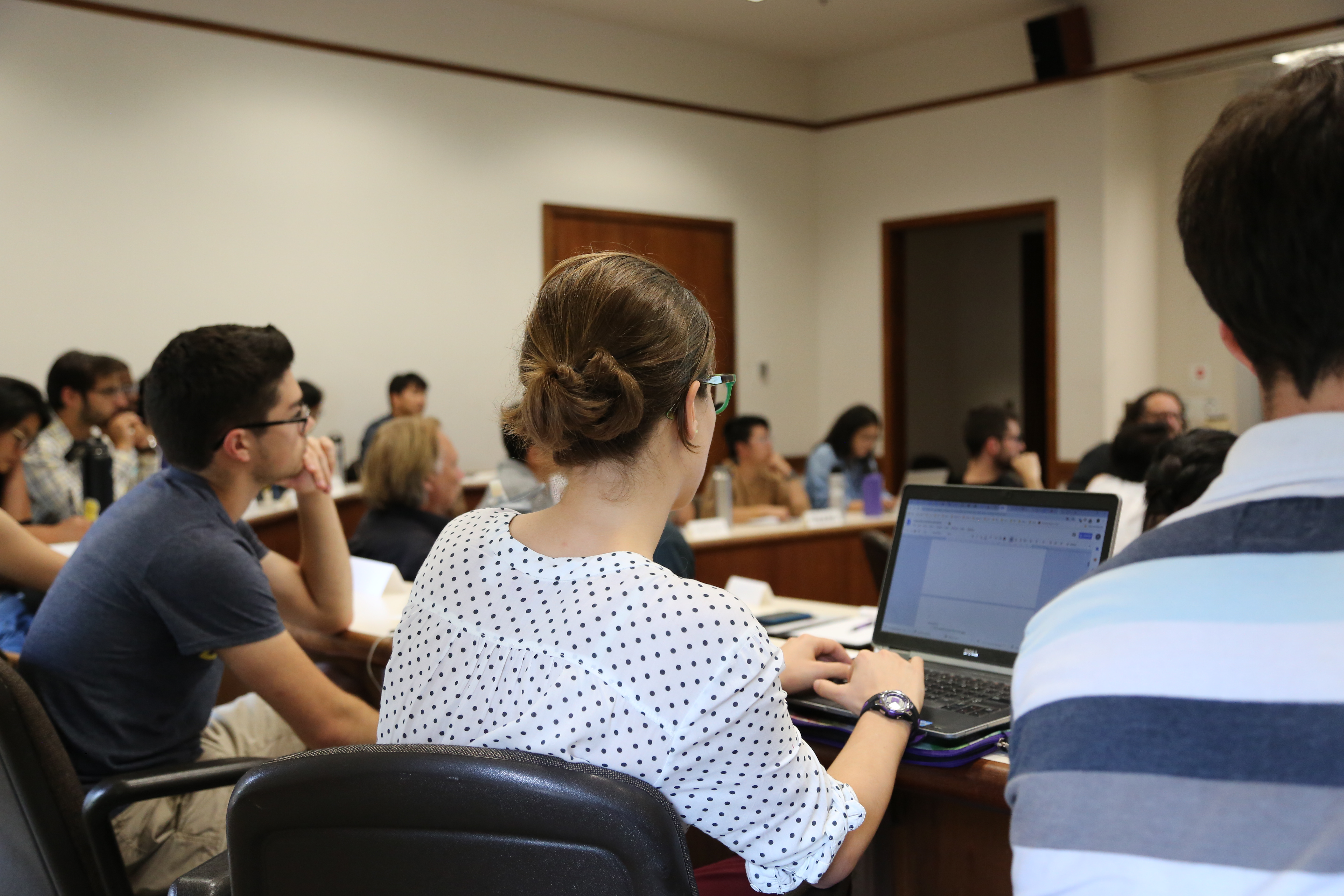
Leadership conversations
Throughout the program year students have the opportunity to engage in conversations with leaders from a variety of domains including schools and districts, state and federal government, and the public and private sectors. Students facilitate these intimate gatherings and have the opportunity to pose questions and consider aspects of leadership from different perspectives.
Joint MA in education and public policy
POLS students who wish to further their analytical and policy analysis skills may apply to a two-year joint degree program to earn a master’s in education at the GSE and a master’s in public policy in the School of Humanities and Sciences. Students attracted to this joint degree have a wide variety of interests, including education policy, management, technology, and teaching and learning.
The overlapping curriculum allows students to complete the two degrees (MA/MPP) in two years rather than the three years the programs would take if pursued independently. Students spend their first year taking public policy core courses and education electives, and completing the POLS field project. Students typically devote the second year to intensive education study and the completion of the MPP practicum.
Student Voices
Hear from our students about why they chose to study education policy and leadership at Stanford GSE, what their learning journey has been like, and what advice they would give to future POLS students.

